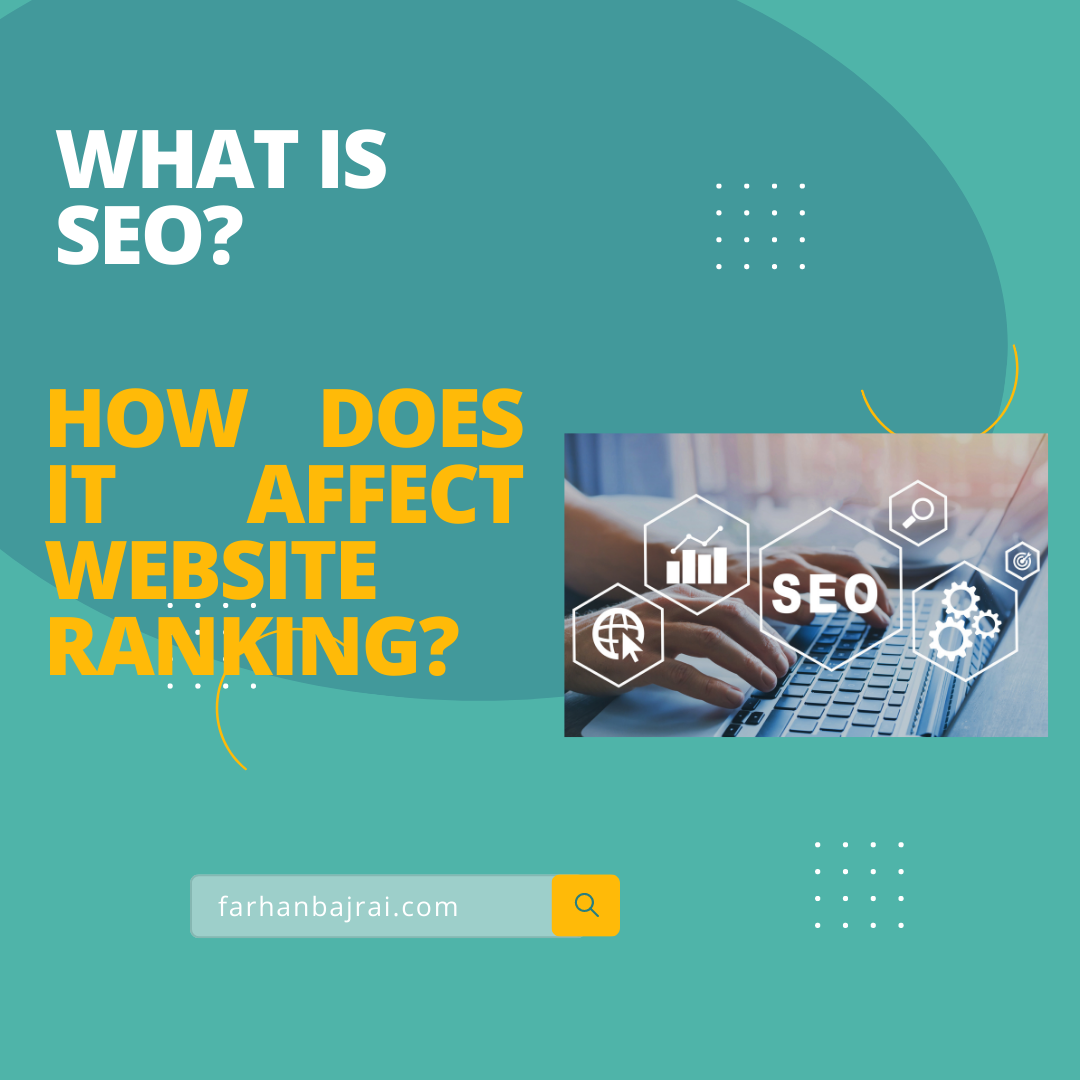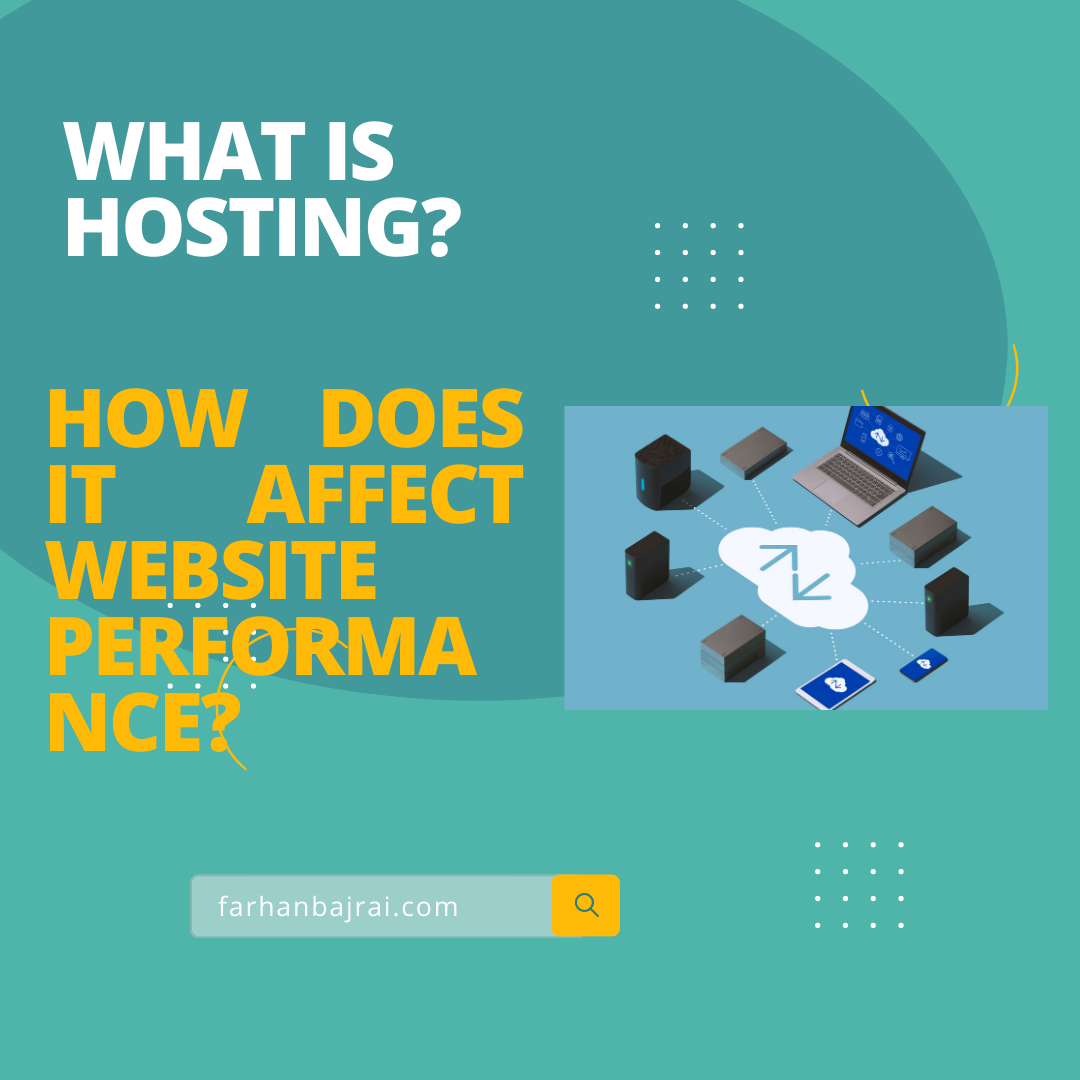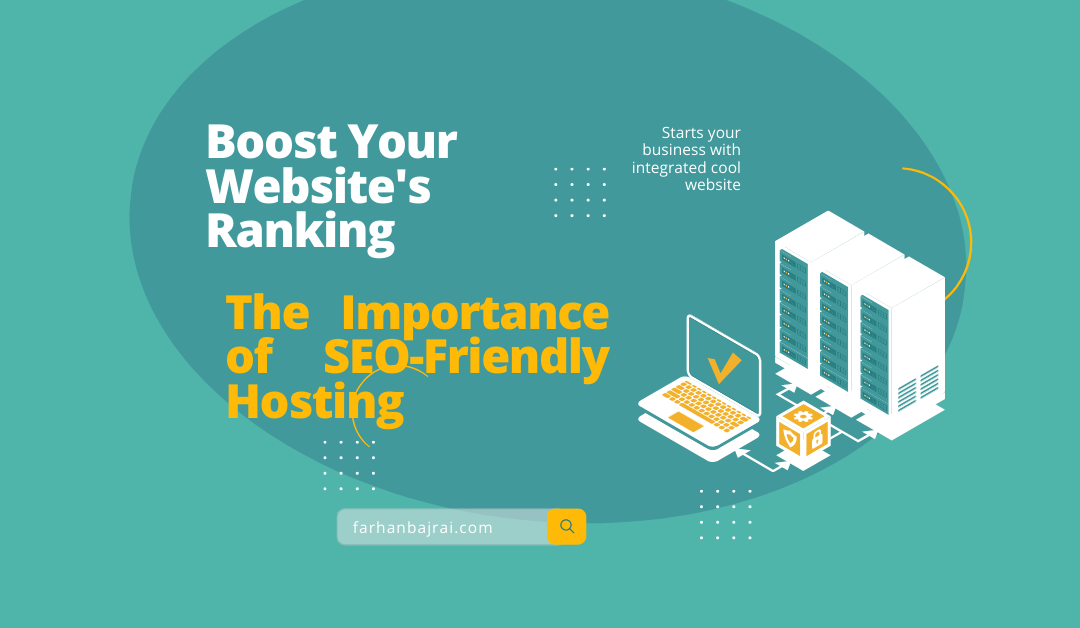As a website owner, you know how crucial it is to have a strong online presence. However, having a beautiful website is not enough to attract visitors and generate leads.
Your website needs to be easily discoverable by search engines, and that’s where SEO-friendly hosting comes into play. In this fast-paced digital world, having a website that ranks high on search engine result pages (SERPs) can make all the difference.
To achieve this, your website must have a reliable hosting provider that ensures your site is fast, secure, and optimized for search engines.
In this article, we will discuss the importance of SEO-friendly hosting, how it can boost your website’s ranking, and what to look for when choosing a hosting provider. So, let’s dive in and take your website’s ranking to the next level!

What is SEO and How does it affect website ranking?
Search Engine Optimization (SEO) is the process of optimizing your website to rank higher in search engine result pages (SERPs).
When you perform a search on Google or any other search engine, the results that appear are based on complex algorithms that take into account various factors such as keywords, website speed, user experience, and many other factors.
The goal of SEO is to improve your website’s visibility and ranking on these SERPs.
Having a high ranking on search engines is crucial for the success of any website, as it can increase the number of visitors, leads, and sales.
In fact, studies show that websites on the first page of Google receive 95% of the clicks, while those on the second page receive just 5%.
Therefore, it’s essential to optimize your website for SEO if you want to attract more traffic and potential customers.
However, SEO is not a one-time task, and it requires ongoing efforts to maintain and improve your website’s ranking.
This includes creating high-quality content, optimizing your website’s structure and design, and ensuring your website is fast, secure, and mobile-friendly.

What is Hosting and How does it affect Website Performance?
Hosting is the process of storing your website’s files and data on a server that is accessible to the internet.
When someone types in your website’s URL, the hosting server delivers the files to their browser, allowing them to view your website.
The hosting provider you choose can have a significant impact on your website’s performance, including its speed, uptime, security, and SEO ranking.
For example: Hostinger provides lightning fast website speed, and bitcatcha ranks them as A+ hosts. On the other hand , their uptime is 99.99 % as they promised. With Free SSL certificate for every website.
Suggest reading:
A hosting provider that offers slow servers, poor security, or unreliable uptime can hurt your website’s ranking and user experience.
In contrast, a reliable hosting provider can improve your website’s performance and ranking by offering fast servers, excellent security, and reliable uptime. Additionally, some hosting providers offer SEO-friendly features such as SSL certificates, caching, and content delivery networks (CDNs) that can boost your website’s ranking.

How does SEO-friendly Hosting improve website ranking?
SEO-friendly hosting can improve your website’s ranking in several ways.
First, it can improve your website’s speed, which is a crucial factor in SEO ranking. Google has stated that website speed is one of the ranking factors, and websites that load faster are more likely to rank higher than slower websites.
Additionally, SEO-friendly hosting providers offer features such as SSL certificates, caching, and CDNs that can improve your website’s security, user experience, and loading times.
SSL certificates encrypt your website’s data, ensuring that it’s safe from hackers and other malicious attacks.
Caching and CDNs can improve your website’s loading times by reducing the distance between your website’s server and the user’s browser.
As discussed above, Hostinger provides advanced cache solutions, and it has servers in USA, United Kingdom, France, India, Singapore, Brazil, Lithuania, and the Netherlands.
Finally, SEO-friendly hosting providers offer tools and resources that can help you optimize your website for SEO, such as website builders, site analytics, and SEO plugins.
These tools can help you identify areas for improvement, track your website’s performance, and optimize your website’s content and structure.
Key Features to look for in SEO-friendly Hosting
When choosing a hosting provider for SEO, there are several key features to look for. These include:
1. Fast loading times
As mentioned earlier, website speed is a crucial factor in SEO ranking. Therefore, you should choose a hosting provider that offers fast servers and load times.
Look for hosting providers that offer SSD storage, multiple server locations, and caching technology.
2. SSL certificates
SSL certificates encrypt your website’s data, ensuring that it’s safe from hackers and other malicious attacks.
Additionally, Google has stated that SSL certificates are a ranking factor, so having one can improve your website’s ranking.
3. Content Delivery Network (CDN)
CDNs can improve your website’s loading times by reducing the distance between your website’s server and the user’s browser.
Look for hosting providers that offer CDNs or have partnerships with CDN providers.
4. Uptime guarantee
Uptime refers to the amount of time your website is available online. Choose a hosting provider that offers a high uptime guarantee, such as 99.9% or higher.
5. SEO-friendly tools and resources
Choose a hosting provider that offers tools and resources that can help you optimize your website for SEO, such as website builders, site analytics, and SEO plugins.
Suggested Reading: Best Hosting For WordPress
Choosing the right hosting provider for SEO
When choosing a hosting provider for SEO, it’s important to do your research and compare different providers. Look for reviews, testimonials, and case studies to get an idea of the provider’s reliability, performance, and customer support.
In the case of Hostinger, Google Reviews are 4.8/5. And on the Other hand, Neil Patel, and Digital Deepak suggests Hostinger as cheap and best web hosting
Additionally, consider the provider’s pricing, features, and scalability. Choose a provider that offers a balance between affordability, features, and performance.
Finally, consider the provider’s customer support. Look for providers that offer 24/7 support, multiple channels of communication, and a knowledgeable support team.
Suggested Readings:
The Impact of website speed on SEO Ranking
As mentioned earlier, website speed is a crucial factor in SEO ranking. Google has stated that website speed is one of the ranking factors, and websites that load faster are more likely to rank higher than slower websites.
There are several factors that can impact your website’s speed, including hosting, website design, and content. However, hosting is one of the most significant factors, as it can impact your website’s server response time, page load times, and overall user experience.
Therefore, it’s essential to choose a hosting provider that offers fast servers, caching technology, and CDNs to improve your website’s speed and SEO ranking.
Tips for optimizing website speed on an SEO-friendly hosting platform
If you’re using an SEO-friendly hosting platform, there are several tips and best practices you can follow to optimize your website’s speed. These include:
1. Optimize images
Images can significantly impact your website’s loading times. Therefore, it’s essential to optimize your images by compressing them, reducing their file size, and using the appropriate file format.
2. Minimize HTTP requests
HTTP requests refer to the number of requests made by a user’s browser to load your website’s content. The more requests made, the longer it takes to load your website.
Therefore, it’s essential to minimize HTTP requests by reducing the number of images, scripts, and stylesheets used on your website.
3. Enable caching
Caching technology can improve your website’s loading times by storing frequently accessed content on the user’s browser. This reduces the number of requests made to your website’s server, improving your website’s speed.
4. Use a content delivery network (CDN)
CDNs can improve your website’s speed by reducing the distance between your website’s server and the user’s browser. This can significantly reduce your website’s loading times, improving your SEO ranking
Common hosting mistakes that can hurt your SEO ranking
While SEO-friendly hosting can improve your website’s ranking, there are several common hosting mistakes that can hurt your SEO ranking. These include:
1. Choosing a hosting provider based on price alone
While affordability is essential, choosing a hosting provider based on price alone can result in poor performance, slow loading times, and unreliable uptime.
Therefore, it’s essential to consider a provider’s features, performance, and customer support when choosing a hosting provider.
2. Neglecting website security
Website security is crucial for both user experience and SEO ranking. Neglecting website security can result in data breaches, malware attacks, and other security issues that can hurt your website’s ranking and reputation.
3. Ignoring website speed
As mentioned earlier, website speed is a crucial factor in SEO ranking. Ignoring website speed can result in poor user experience, high bounce rates, and low search engine rankings.
Conclusion
SEO-friendly hosting is essential for improving your website’s ranking and attracting more visitors, leads, and sales. When choosing a hosting provider for SEO, consider factors such as website speed, uptime, security, and SEO-friendly features.
Additionally, follow best practices such as optimizing images, minimizing HTTP requests, and enabling caching to improve your website’s speed on a SEO-friendly hosting platform.

